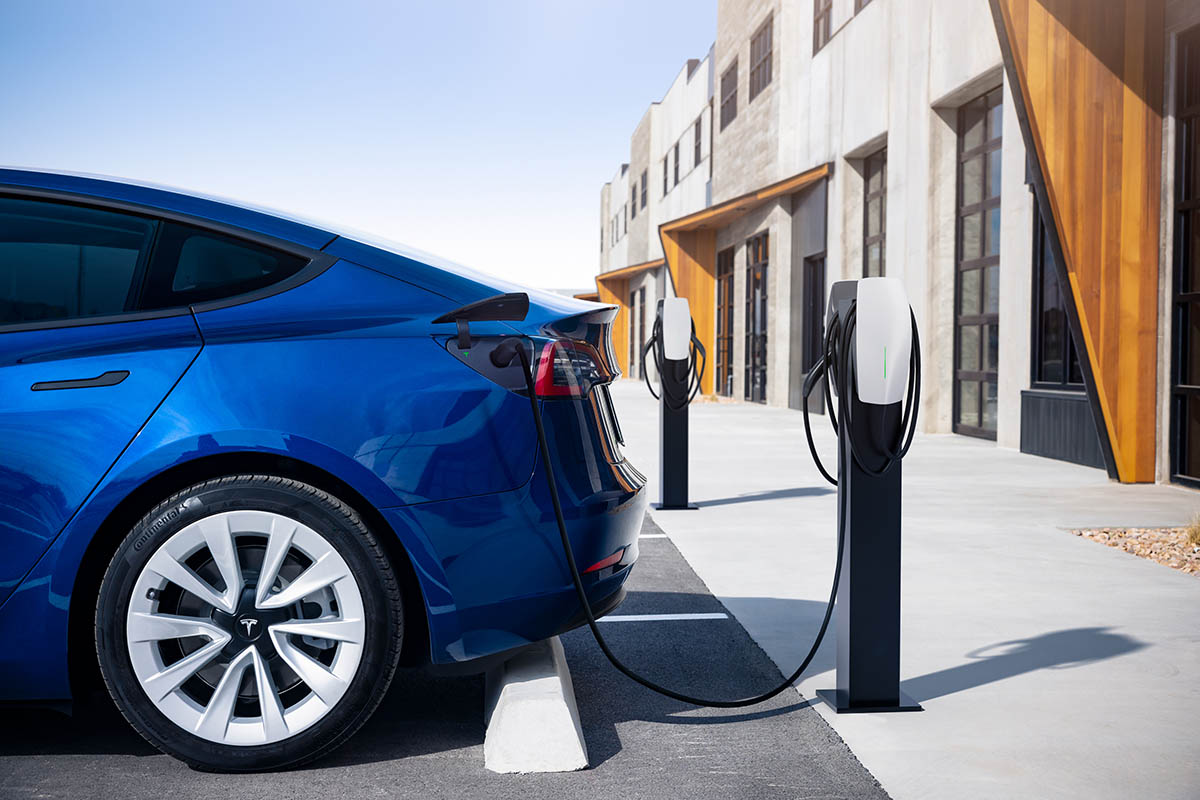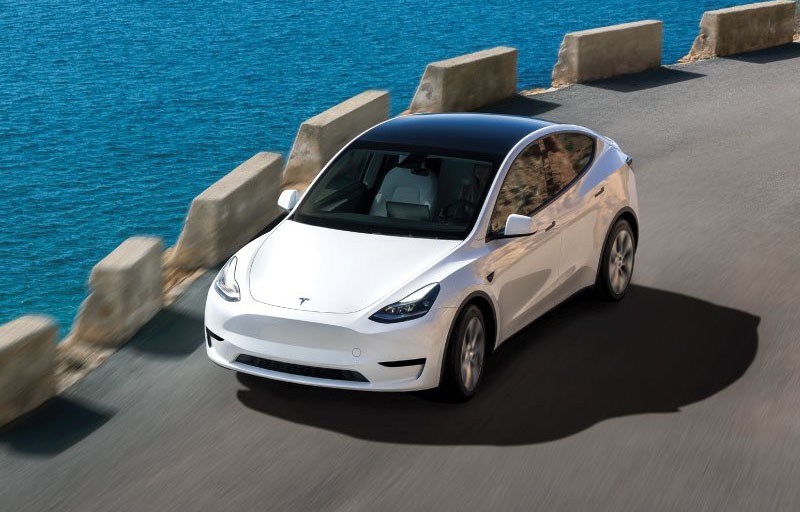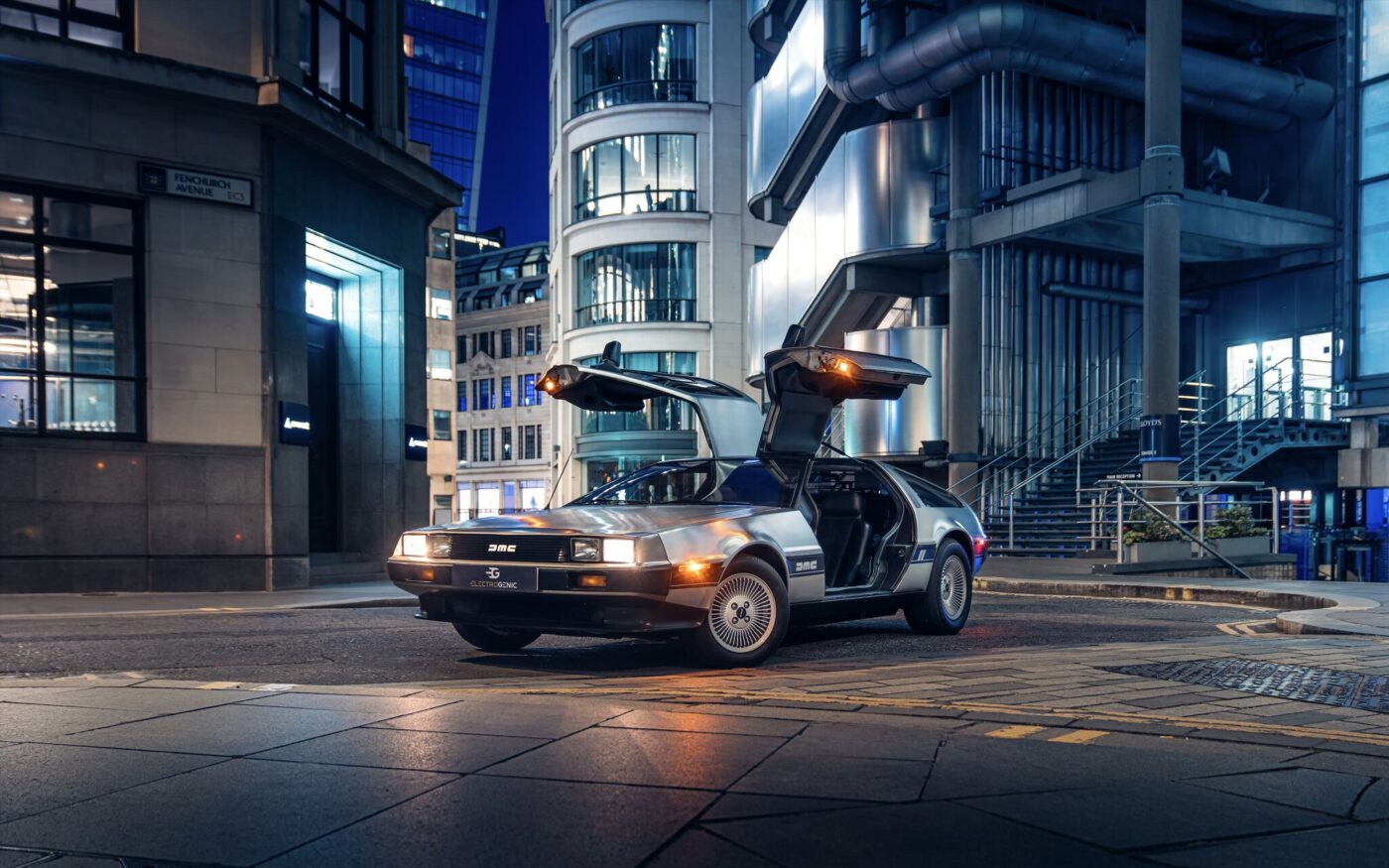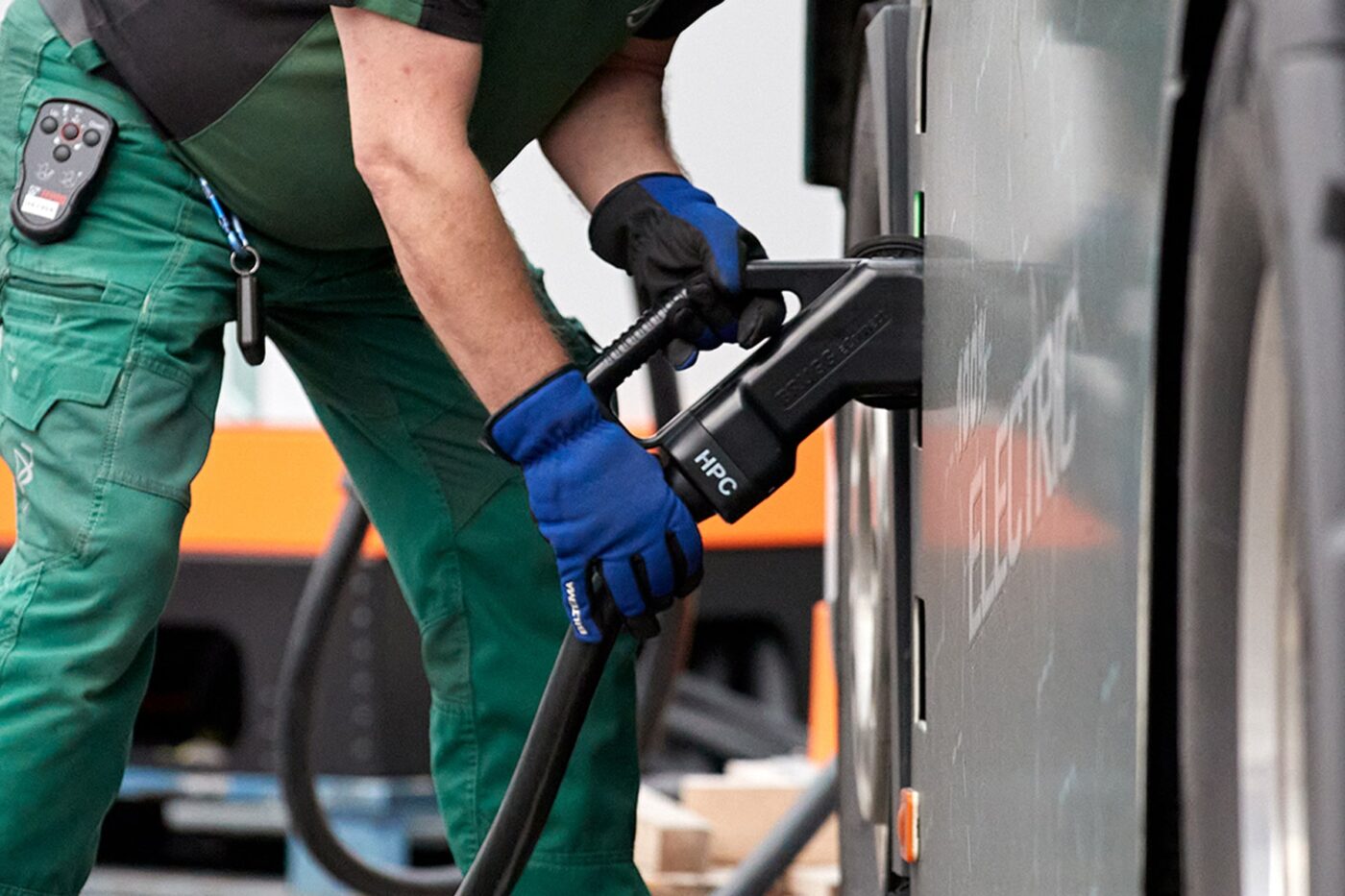Opponents of California’s ambitious targets for electric vehicle adoption have escalated their challenge to the U.S. Supreme Court, questioning the state’s regulatory authority under its Advanced Clean Car program.
“In its request for hearing, filed on Tuesday, Valero Energy Corp’s Diamond Alternative Energy and other plaintiffs said EPA’s grant of a waiver for California’s Advanced Clean Car program … enabled the state to ‘operate as a quasi-federal regulator on global climate change,'” according to the filing.
California Governor Gavin Newsom aims for the state to lead in climate action, targeting the transportation sector, which contributes significantly to greenhouse gas emissions. Opponents, including oil companies and business associations, have filed lawsuits in various courts to block California’s rules aimed at reducing emissions from a range of vehicles, from delivery trucks to semi-trucks.
“The waiver and authority claimed here are the key parts of a coordinated agency strategy to convert the Nation from liquid-fuel-powered vehicles to electric vehicles,” the filing said, pointing out that would hurt demand for petroleum fuels and biofuels.
The Clean Air Act, which governs tailpipe emissions, does not explicitly cover greenhouse gases from mobile sources like vehicles. Critics argue that California’s conditions do not warrant a waiver under federal law, questioning the state’s claim that its emissions standards are necessary to combat global climate change.
Plaintiffs in the case include major industry groups such as the American Fuel & Petrochemical Manufacturers, Kansas Corn Growers Association, and the National Association of Convenience Stores.
California, uniquely empowered to set stricter emissions rules, influences national vehicle standards as other states often adopt its regulations to avoid manufacturing different vehicles for different markets.







